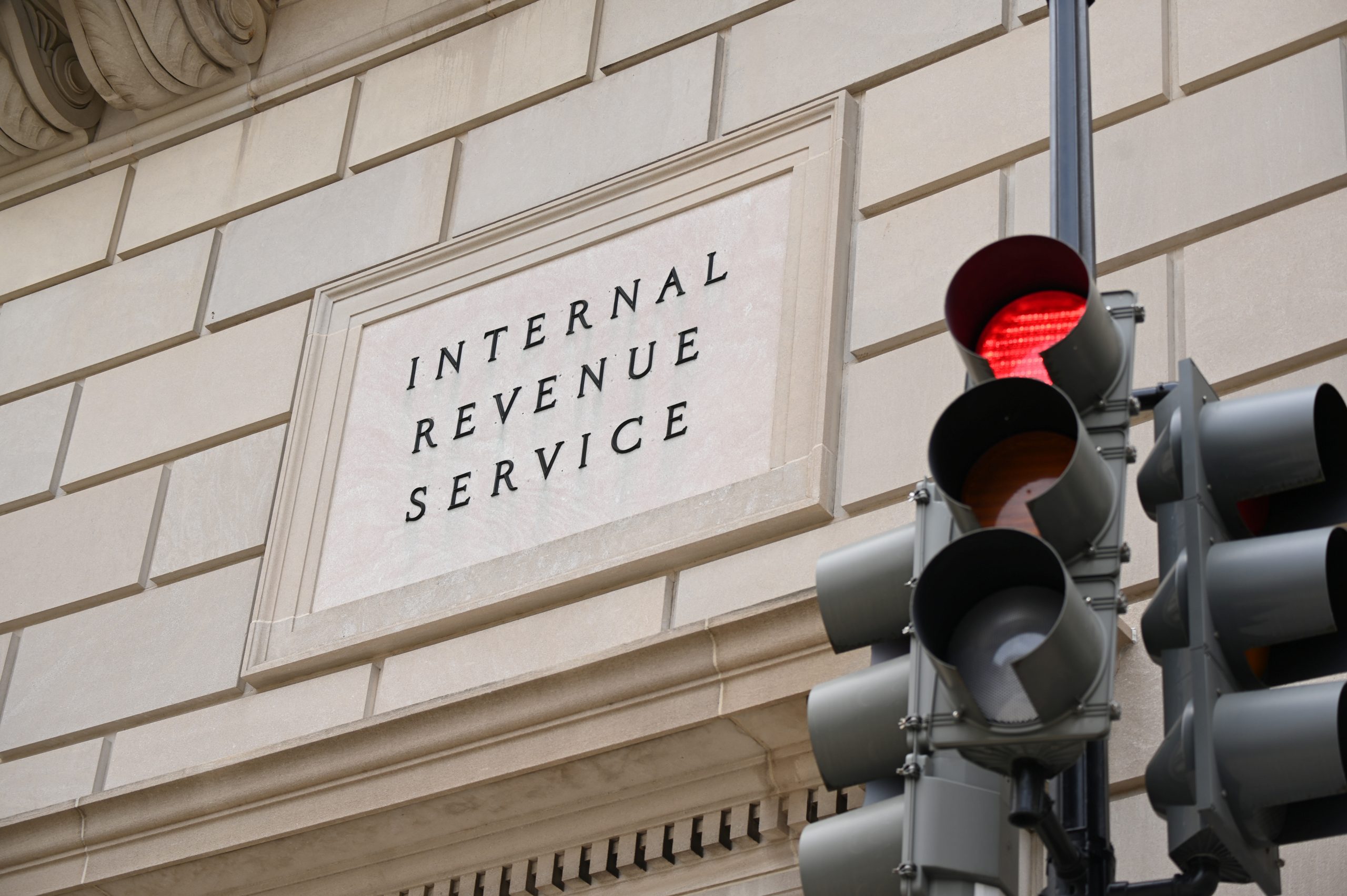
Samuel Case, FISM News
[elfsight_social_share_buttons id=”1″]
Banking organizations are sounding the alarm over a new rule in President Biden’s 2022 budget proposal which would require banks to report to the IRS all transactions over $600 in both personal and business accounts, in an attempt to close the tax gap. Under the current law financial institutions are only required to share information on transactions over $10,000. According to Americans for Tax Reform the proposal would also apply to transactions through Venmo, Cash App, and PayPal.
While the obvious concern is over the invasion of privacy, small banks also fear the new rule would add a burden they may not have the resources to handle. The Independent Community of Bankers argued the government is turning to banks to “act as police for a variety of criminal, or fully legal but controversial, conduct.” The organization lamented that this proposal burdens community banks because it “diverts resources and management from their core function of providing credit and other banking services to individuals, families, small businesses, and other entities that make up communities.”
Last month Senate Finance Committee Ranking Member Mike Crapo (R-ID) introduced an amendment to the Democrat’s $3.5 trillion social spending plan that would prevent the IRS from requiring such information. “This time-draining burden disregards banking privacy in order to squeeze more resources out of responsible Americans and entrepreneurs. It subjects law-abiding Americans to more intense targeting from the IRS and additional data collection, a concern that was recently amplified by a leak of private taxpayer information out of the IRS,” Crapo said, referring to a leak back in June published by ProPublica that revealed the financial information of wealthy Americans.
Crapo’s amendment was struck down 50-49 along party lines. The amendment garnered support from several financial organizations including Americans for Tax Reform, the Independent Community Bankers of America, the Credit Union National Association , the American Bankers Association, and the National Association of Federal Credit Unions.
